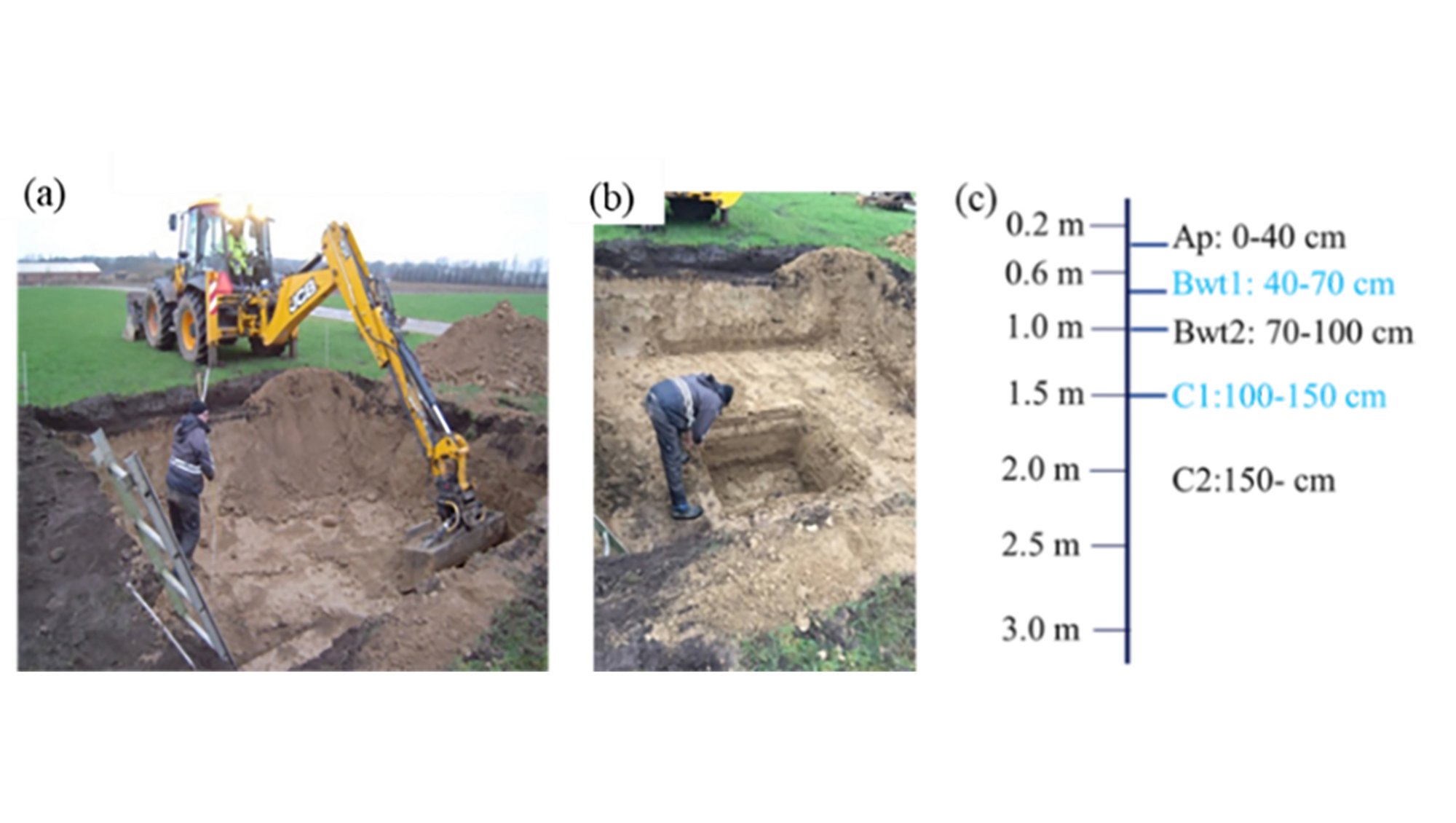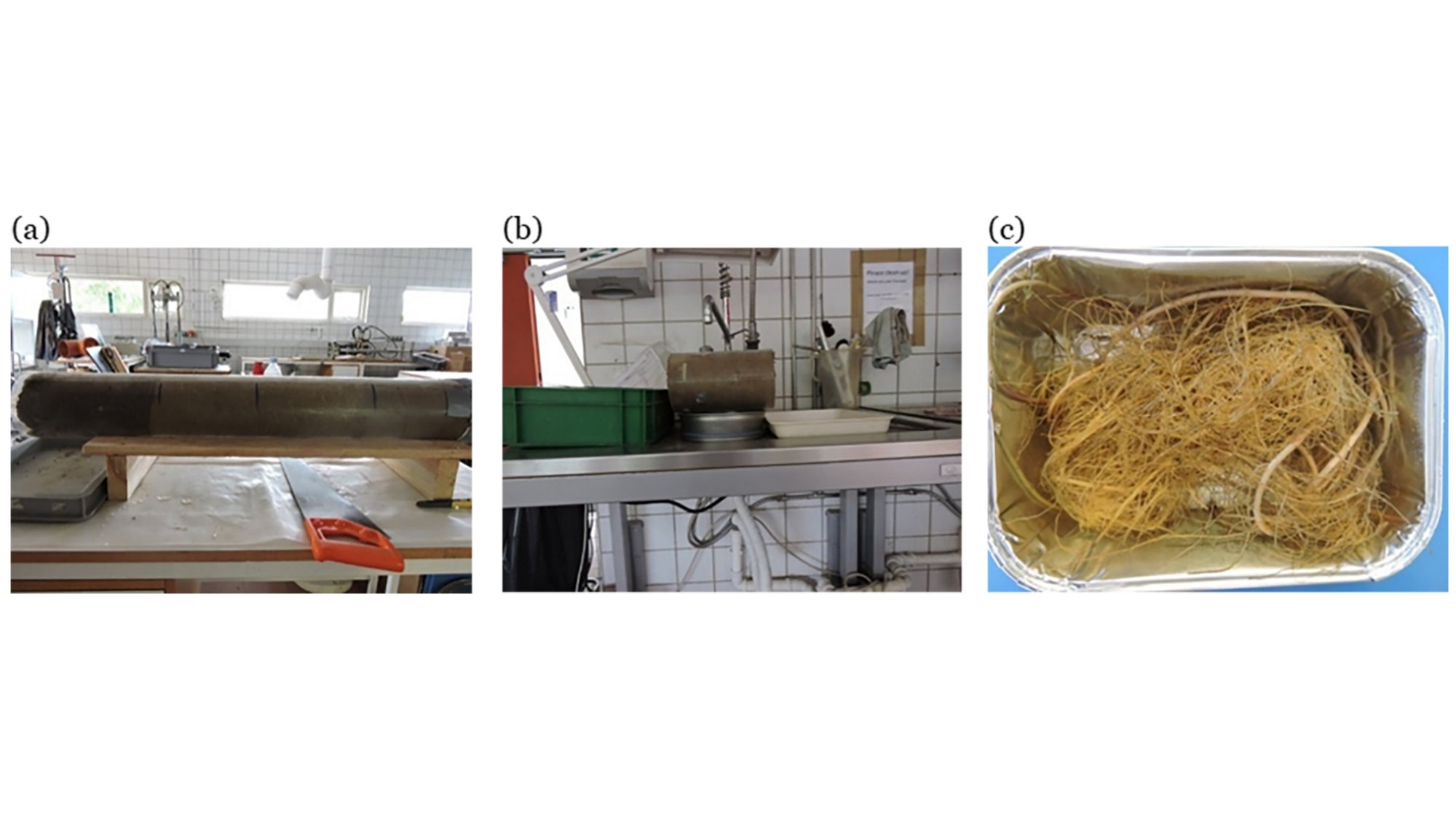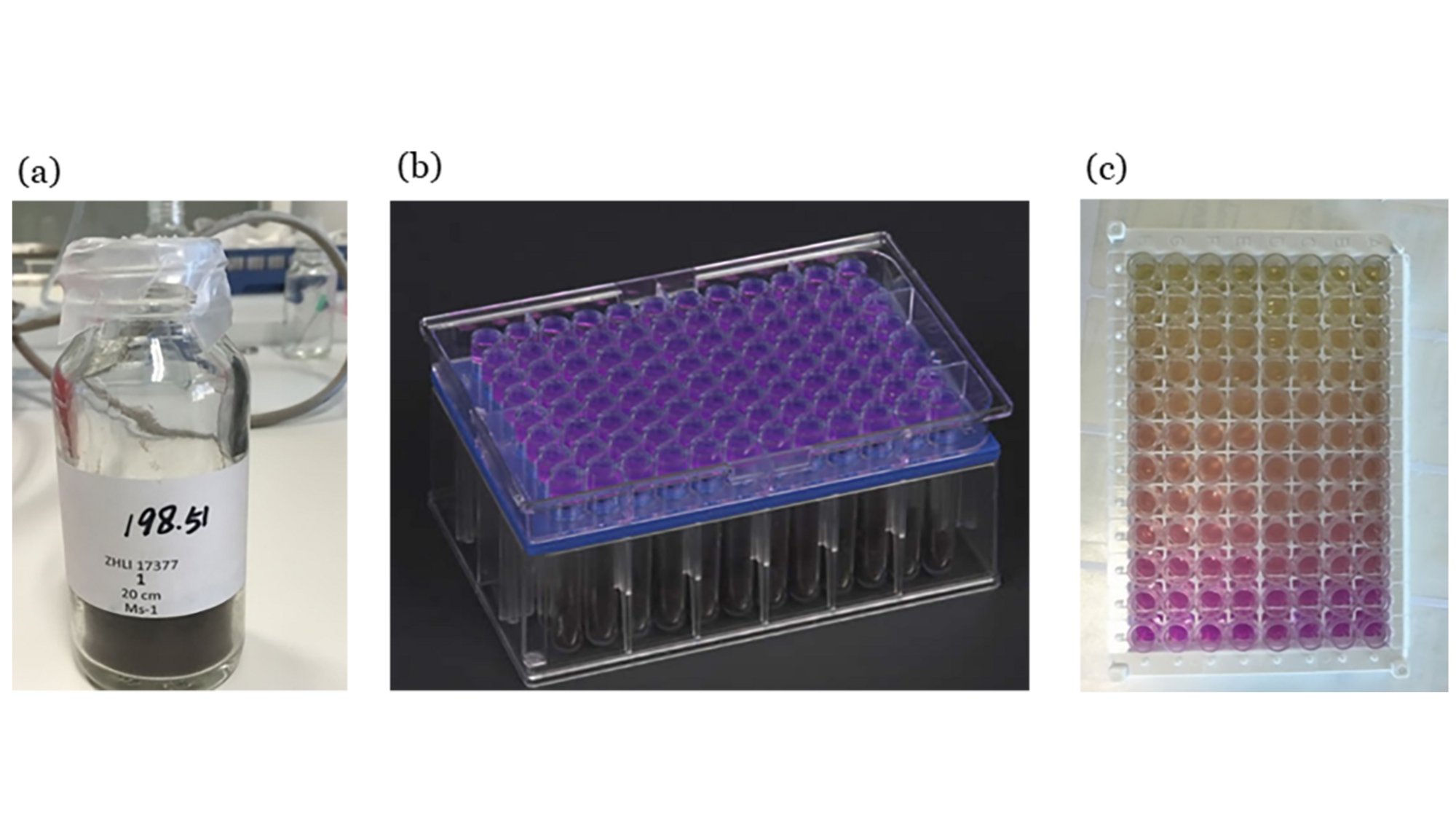Zhi Liang
Organic matter dynamics and microbiology in deep soil
The soil reservoir below 0.2 m corresponds to more C than biomass, atmospheric CO2 and top 0.2 m layer. Despite the importance of subsoil C dynamics in mitigating climate change and enhancing soil fertility, there is very little systematic research on C retention and factors that drive this effect in this pool.
Zhi Liang of China (Ph.D.-student at Department of Agroecology, University of Aarhus) has studied the carbon dynamics and microbiology in deep soil in potential response to the influence of deep-rooted crops.
The specific objectives were to:
- Investigate the role of root litter chemistry on carbon loss in different vertical soil layers amended with root materials from different plant species
- Study the effect of nutrient availability on fresh carbon turnover in subsoil compared to top soil
- Investigate how carbon input (root biomass, labile carbon substrate) in subsoils affect the diversity and functioning of the microbial community.
A series of incubation studies were conducted under controlled conditions, in which root biomasses and glucose (in combination with different nutrient stoichiometry) were added in subsoils to mimic the root derived carbon input in these compartments. During the incubation period, carbon mineralization, enzyme activity, microbial community level physiology profile, and microbial gene copies were determined.
Root litter chemistry and soil nutrient availability affect subsoil carbon turnover
The results showed that plant nitrogen and ligning content were important factors regulating mineralization of fresh carbon inputs. Moreover, soil nitrogen availability interacted on control of microbial turnover of organic carbon. The PhD results have been synthesized into a conceptual model for deep soil carbon sequestration and further presented an operational methodology for analysis of labile carbon (glucose) in the soi
The collective results complement our current understanding in relation to interactions in subsoil between root-derived carbon input, microbial physiology and SOC turnover. This provide basis for further exploitation of deep-rooted crops in agroecosystems and in climate change mitigation.
Zhi commenced her Ph.D. on May 1st 2015 and finished in January 2019.
Publications
- Root litter chemistry and nitrogen availability interact on control of deep subsoil carbon turnover (submitted)
- Nutrient enrichment affect carbon turnover and microbial physiology differently in topsoil and subsoil (submitted)
- Optimized procedure for simple and rapid quantification of glucose in soil (in preparation).



